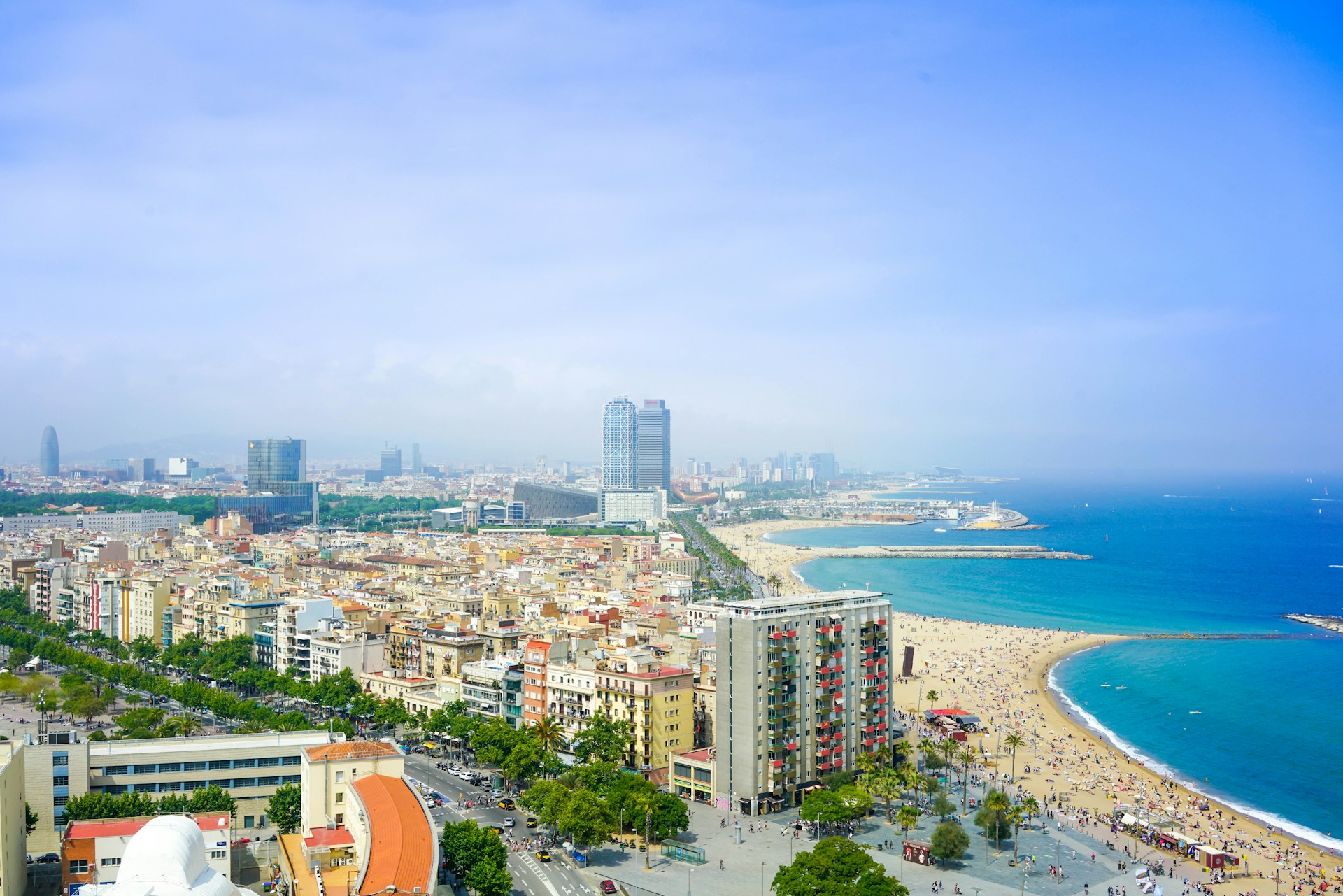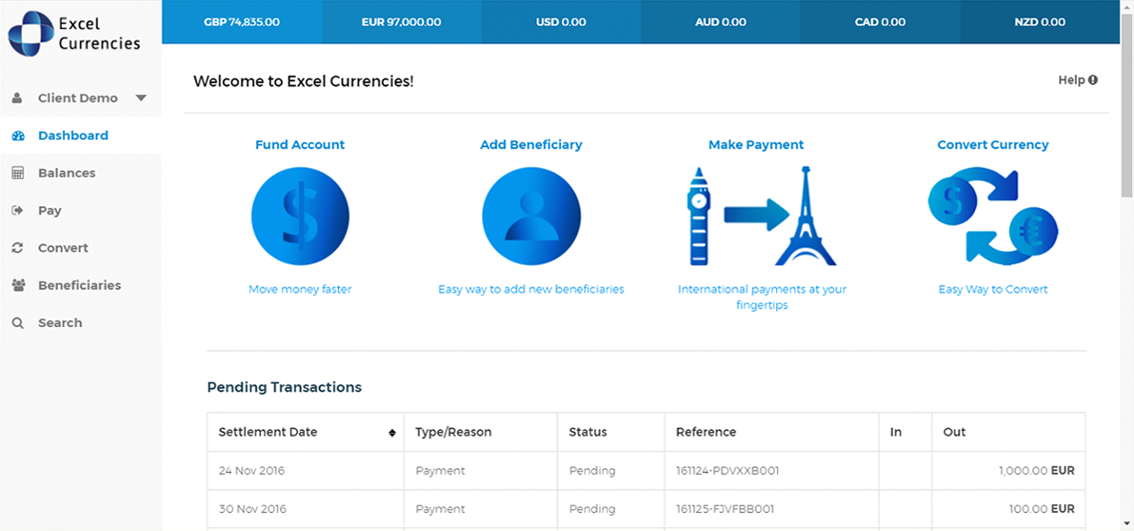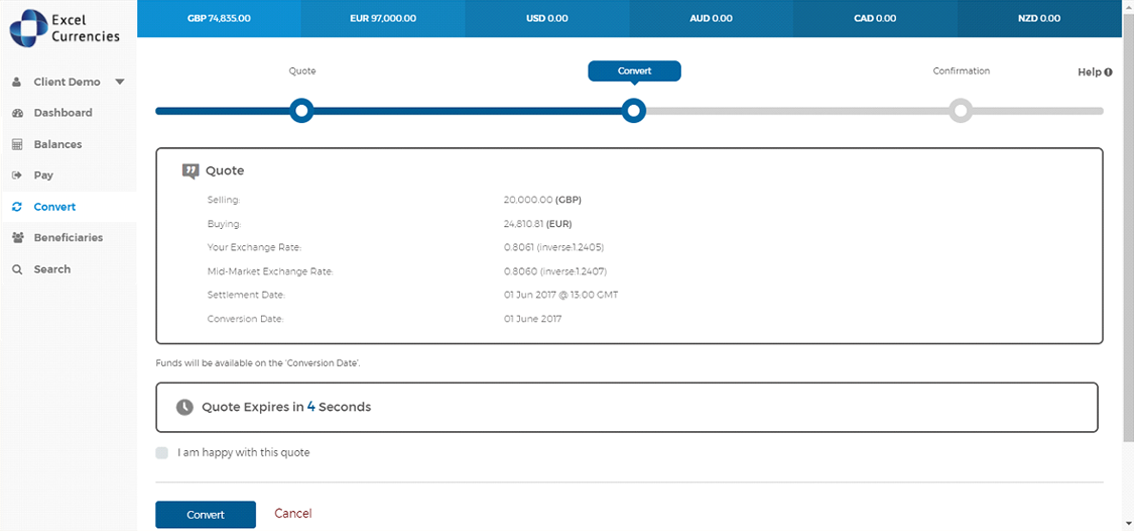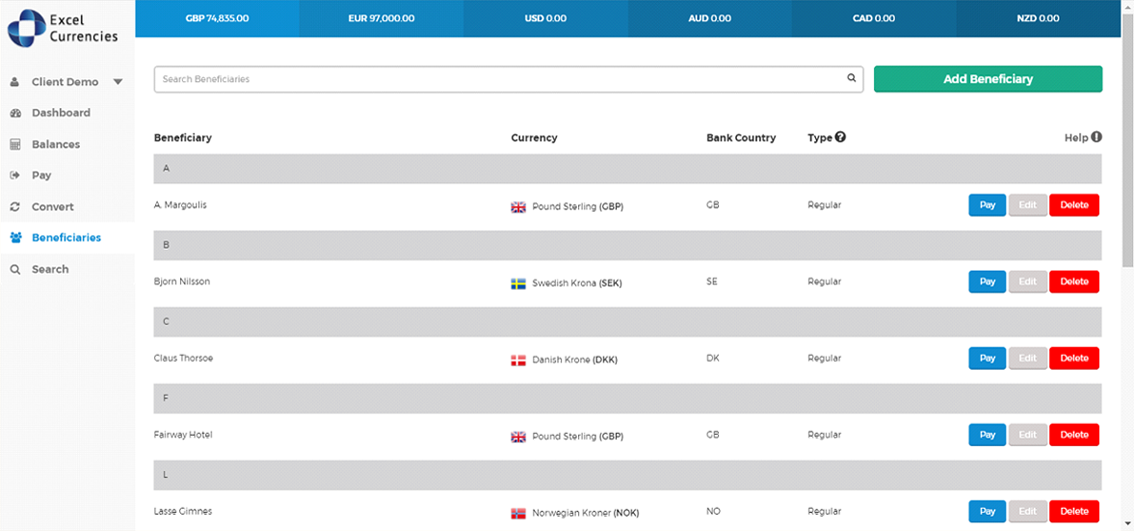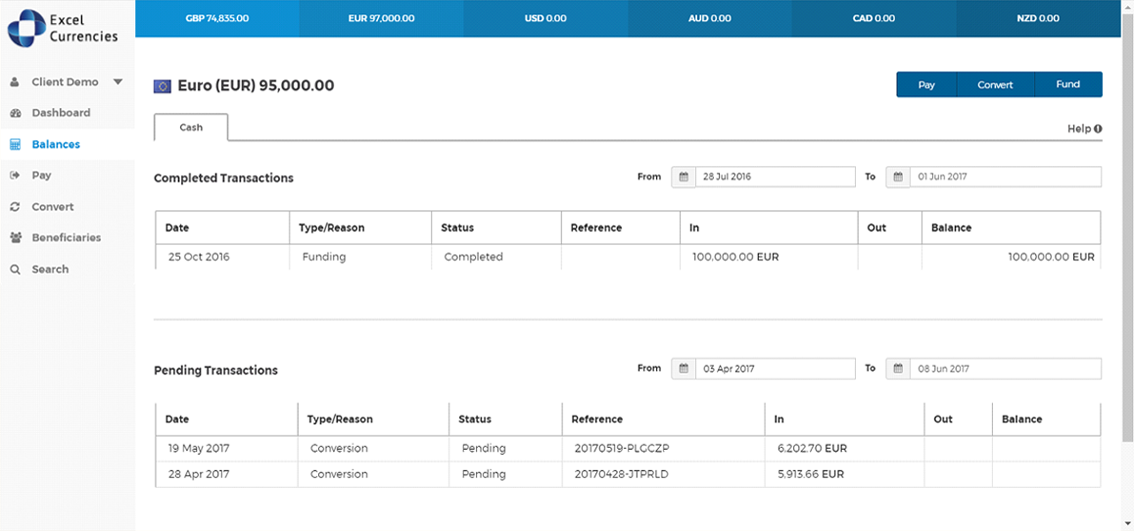
For UK citizens, obtaining a Spanish visa opens a myriad of possibilities. With its sunny climate, rich history, splendid traditions and strategic location within Europe, Spain offers numerous benefits to those who hold a Spanish visa.
But why do UK citizens need a Spanish visa?
Before Brexit, the UK spent nearly half a century as one of
the more influential members of the EU (and its predecessor the European
Economic Community or EEC). However, the UK is not and has never been, a member
of the Schengen Zone.
The EU is a political and economic union
consisting of 27 countries with most located within Europe. The Schengen Zone
currently consists of 29 countries, and most of them too are also located in
Europe.
The Schengen Agreement was
originally signed in 1985 with the purpose of abolishing internal border checks
for a number of countries in continental Europe. The modern version of the
European Union, meanwhile, was formed in 1993, primarily for economic purposes.
In 1999, the Amsterdam Treaty incorporated
the Schengen Treaties into European Union law,
unifying the Schengen and the EU on many levels. At that time, the only two EU
states that opted out of the Schengen Agreement were Ireland and
the UK.
For best-in-class overseas payments, get in
touch with Excel Currencies today. The experienced
traders here at Excel Currencies will hold your hand
through the world’s biggest market, to ensure you don’t just survive, but you
thrive in it.
The Spanish Visas on offer
Despite Brexit, UK nationals still do not need a
visa for short trips to either the EU or the Schengen area.
That’s so long as you’re either:
- Staying
for no longer than 90 days (in a 180-day period)
- Visiting
as a tourist
- Traveling
for business (to attend a business meeting or conference for your U.K.
employer for example)
- There
for journalism or other media activities
- Getting
medical treatment
- Studying
short-term
However, British expats now need to navigate a more
complex set of regulations to live and work in Spain. This guide will
provide detailed insights into the necessary steps, visa options, and other
considerations for British citizens looking to move to Spain.
The UK is considered a "third country", meaning
British citizens must obtain a visa to reside in Spain for more than 3-months.
The primary visa categories are:
Permiso de Residencia no Lucrativa (Non-Lucrative Spanish Visa)
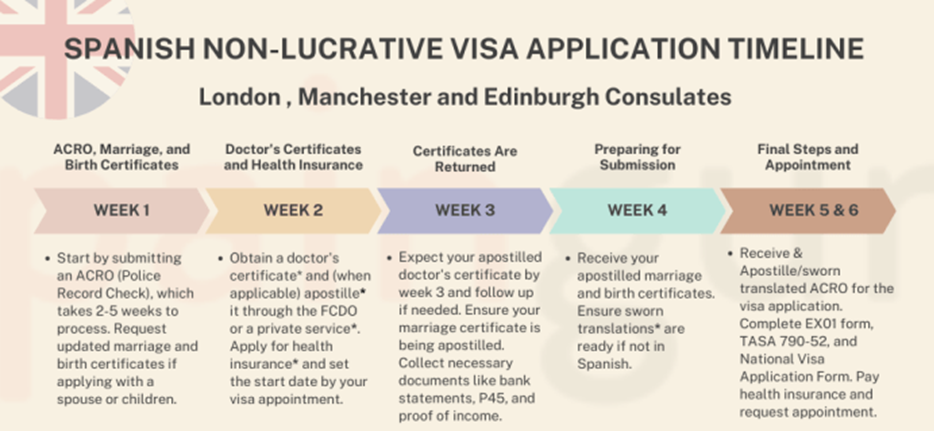
The non-lucrative visa allows non-EU citizens
to live in Spain for more than 90 days. If you wish to immigrate to Spain
and you have sufficient income to support yourself and your dependents, you may
apply for a non-lucrative residence visa.
You must have an income of at least €25,560 annually, plus €6,390 per
each additional family member. Income may be derived from investments,
annuities, employment or any other sources of income.
Spain's non-lucrative visa provides a unique opportunity
for non-EU nationals who wish to reside in the country without engaging in any
form of employment. Note, this visa does not entitle you to work in Spain.
This visa is particularly appealing for
retirees or those seeking an extended stay in Spain, whether for
the purpose of enjoying its climate or for long-term personal reasons.
Here are the requirements to obtain the Spanish
non-lucrative visa;
- You’re
over 18
- You’re
not an illegal resident of Spain
- You
don’t have a criminal record in the last five years
- You
have private healthcare to cover your stay
- You’re
able to prove sufficient funds to live on without working in Spain
- You’ve
not been rejected for residence from certain other countries or from Spain
- You
don’t have any of the illnesses according to a 2005 regulation
- Documents
required include; photocopy of passport, medical certificate, Police clearance
certificate, proof of income, evidence of health insurance etc
Initially, the Non-Lucrative Visa is valid for 1-year. Upon
its expiration, holders can apply for a renewal, which grants an additional 2-years
of residency.
Subsequent renewals are possible for further periods of 2-years
each. After 5-years under this visa, individuals may apply for permanent
residency.
To maintain the visa status, it is crucial to adhere to the
residency requirement. Visa holders must spend at least 183 days per year in
Spain. Failure to meet this requirement can impact the renewal process.
Non-Lucrative v Golden Visa
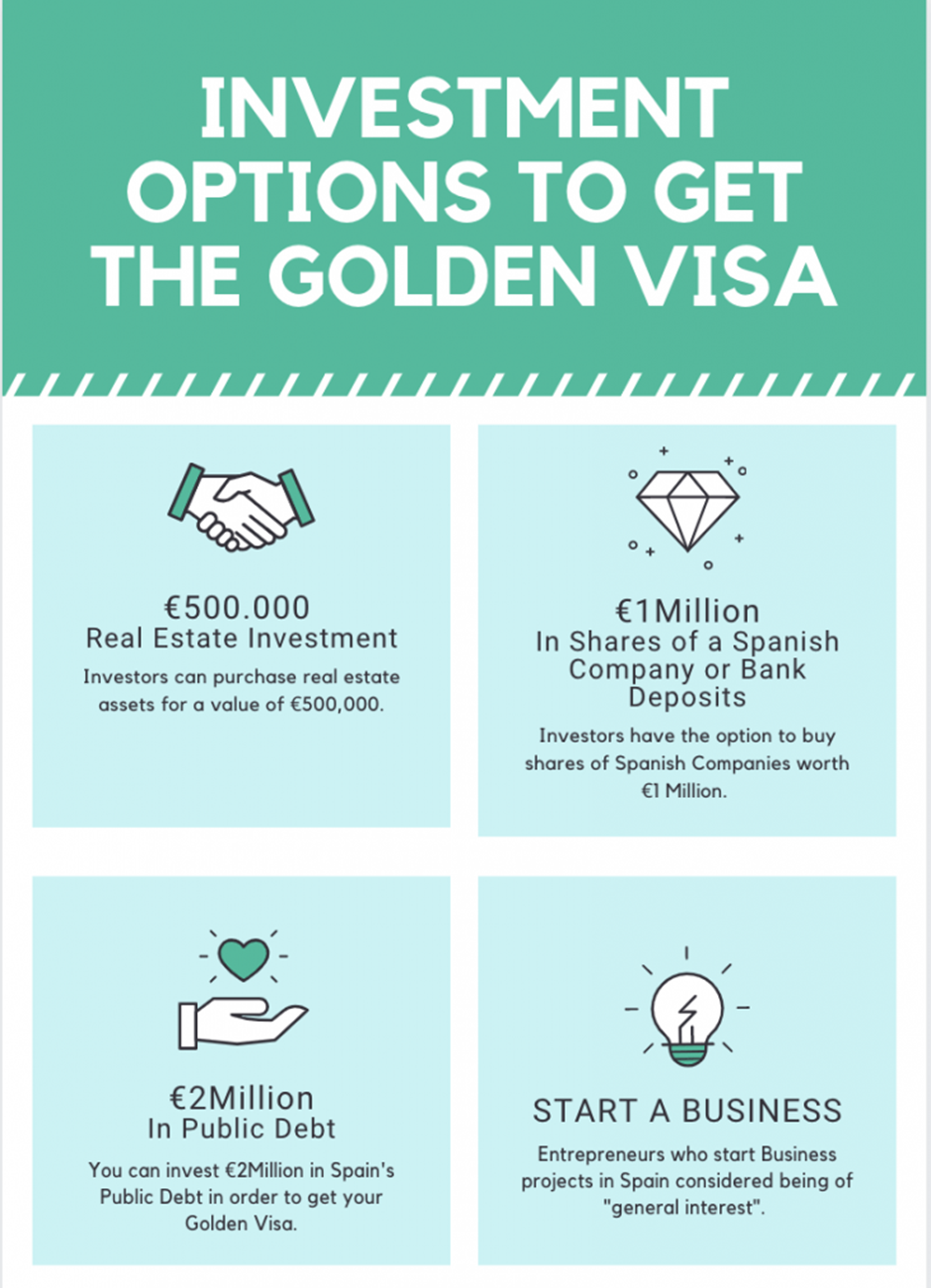
The Golden Visa is
designed for those who can and want to make significant investments in Spain
(€500k+). This visa offers residency and allows the individual/s to work within
Spain if they wish.
The Non-Lucrative Visa does
not require any financial investment in Spain beyond demonstrating sufficient
personal funds whilst residing in the country. This makes it an attractive
option for retirees or individuals who simply wish to reside in Spain without
engaging in the local economy.
If you believe the Spanish Golden Visa to be a
good option for you and your situation, right now is your last chance to take
advantage of it. As of April 3rd 2025, the Spanish
authorities will stop accepting applications for the Golden Visa.
Excel Currencies has been in
business since 2004 and are fully authorised and regulated by the FCA. Customer
funds are held in safeguarding accounts with tier 1 banks only. Excel
Currencies use sophisticated anti-fraud measures
to keep your money safe.
Visado de Trabajo y Residencia (Work & Residence Visa)
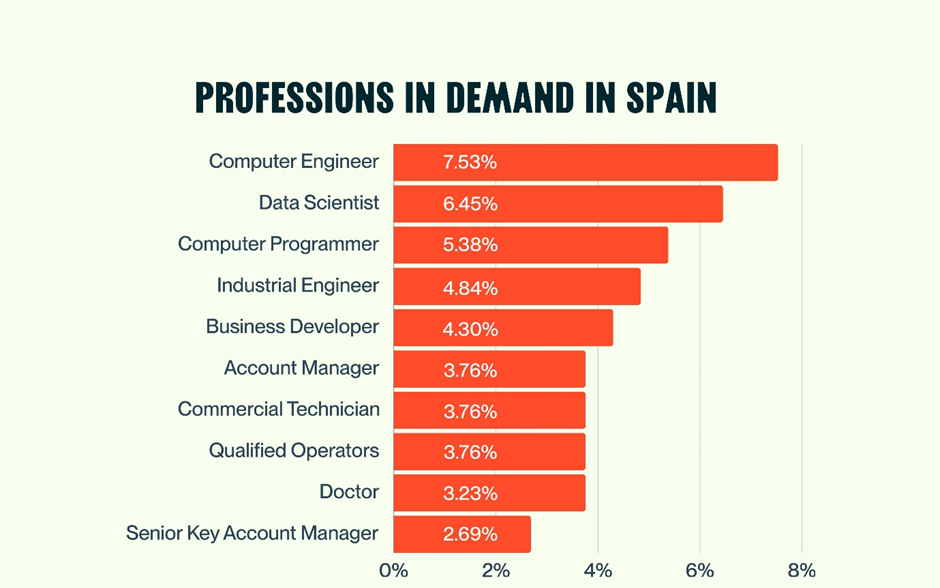
For those seeking employment with
a Spanish company or as a self-employed individual, this visa allows you to
live and work in Spain. It is valid for 1-year and is renewable. Beware that processing
can take up to eight months.
If you are employed by a Spanish company, your
employer must initiate your visa application. You just need to demonstrate that
you meet the financial requirements set by Spanish authorities. If you are
bringing family members, you must show an additional £500 per month for each
dependent.
As a self-employed person, you
must either register as an ‘Autonomo’ or set up a limited company. To qualify,
you need to demonstrate that you have a stable income of at least £2,000 per
month. If registering as an Autonomo, you must pay your taxes and social
security contributions accordingly.
If establishing a limited company
(Sociedad Limitada), this option requires more administrative work and
financial responsibility, but it does limit your personal liability. Either
way, it’s advisable to consult with a local accountant or legal expert to
navigate this process effectively.
For highly qualified professionals, the
EU Blue Card allows you to live and work in Spain. Eligibility includes
having a higher professional qualification or significant experience, a job
offer with a salary at least 1.5 times the average wage in Spain, and
comprehensive health insurance. The card is valid for 1-year and can be
renewed.
Visado de Residencia (Residence Visa)
For family reunification or retirement. If you have a
family member who has been living in Spain for at least one year, you may
be eligible for family reunification.
This applies to spouses, unmarried partners, dependent
children, and certain other relatives. The process involves applying for a
residence permit and proving your relationship and financial support.
Visado de Estudios (Student Visa)
For individuals enrolled in a course of study or training
in Spain. For British students studying in Spain, you are now required
to obtain a Student Visa for courses longer than six months.
You will need to apply for this visa before
traveling and provide proof of enrolment, financial means, medical
insurance, and a clean criminal record. The visa allows you to work
part-time (up to 20 hours per week) and your family can join you under specific
conditions.
Understand and tackle your currency risk head on with the team here at Excel Currencies.
Don’t forget the essentials once you have been granted your visa

NIE Number
The Número de Identificación de Extranjero (NIE) is
essential for various activities, including working, studying, or buying
property. You should apply for an NIE as soon as possible after arriving
in Spain. Book an appointment at your local Oficina de Extranjeros to obtain
your NIE number.
TIE Card
The Tarjeta de Identidad de Extranjero (TIE) is a residence
card that includes your NIE number and serves as proof of legal
residency. It is issued after obtaining your NIE and registering on the
padron municipal (local register). Apply for the TIE card, which requires proof
of your NIE, visa, and residency.
Padron Registration
Register at your local town hall to be included in the
municipal register.
Banking
Open a Spanish bank account for managing your finances.
This will also be necessary for receiving salary payments and making financial
transactions.

Excel Currencies offers a hands-on, proactive approach and consultative FX service. We specialise in large currency exchanges and overseas property sales. Contact us now to see how we could help you next.

 Twitter
Twitter Facebook
Facebook linkedin
linkedin Google
Google